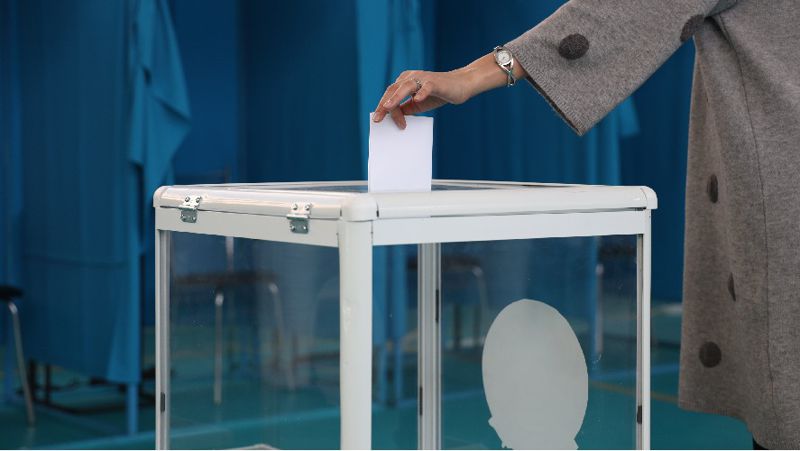ASTANA – In the run-up to the parliamentary election this Sunday, Kazakh experts share their views on the ongoing political processes in the country, emphasizing their contribution to advancing electoral culture.

Photo credit: Zakon.kz.
Elections to the Mazhilis, the lower house of Parliament, and maslikhats, local representative bodies, will take place in Kazakhstan on March 19. According to the Central Election Commission, 10,233 polling stations will operate across the country on election day, as well as 77 stations in 62 countries for Kazakhstan’s citizens abroad.
More than 12 million people are registered to vote.
Yerkin Tukumov, director of Kazakhstan Institute for Strategic Studies, said that one of the main reasons behind the elections is the formation of an electoral culture among citizens, reported Liter newspaper.
Elections, he noted, are a basic form of interaction between the state and people. Active participation in elections at all levels is a source of legitimacy for elected officials and a sign of voter confidence in them.
Voters elected the President of Kazakhstan in November 2022, while the election to the Senate, the upper house of Parliament, took place in January this year.
Tukumov added that the parliamentary reforms were also accompanied by party reforms.
Political scientist Eduard Poletayev in his interview with Kazinform said that the parliamentary election indicates a democratization of the political system. Poletayev expects the newly elected Parliament to be more diverse regarding political restructuring.
“More parties will participate in the elections, and the role of the maslikhats will increase. More than 3,000 people will be elected in total. 50 percent of maslikhat members will be elected via party lists, 50 percent via district lists, while all candidates at the level of districts are self-nominees. This initiative will contribute to the strengthening of the role of maslikhats. These elections will be interesting because of self-nominated candidates,” said the expert.
Arman Toktushakov from the Institute of World Economics and Politics agrees with his colleagues, saying that one of the main initiatives in the upcoming election is single-mandate candidates.
“If previously only parties participated in the electoral process and non-party citizens were deprived of the opportunity to be elected to the Mazhilis and local representative bodies, now the situation is changing,” said Toktushakov.
“Each region will have the opportunity to elect at least one member to the lower house,” the expert added. It will make a case for non-party candidates to represent the interests and needs of various groups in the Mazhilis.

